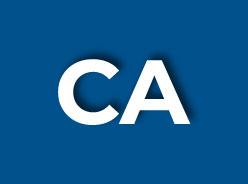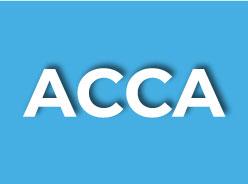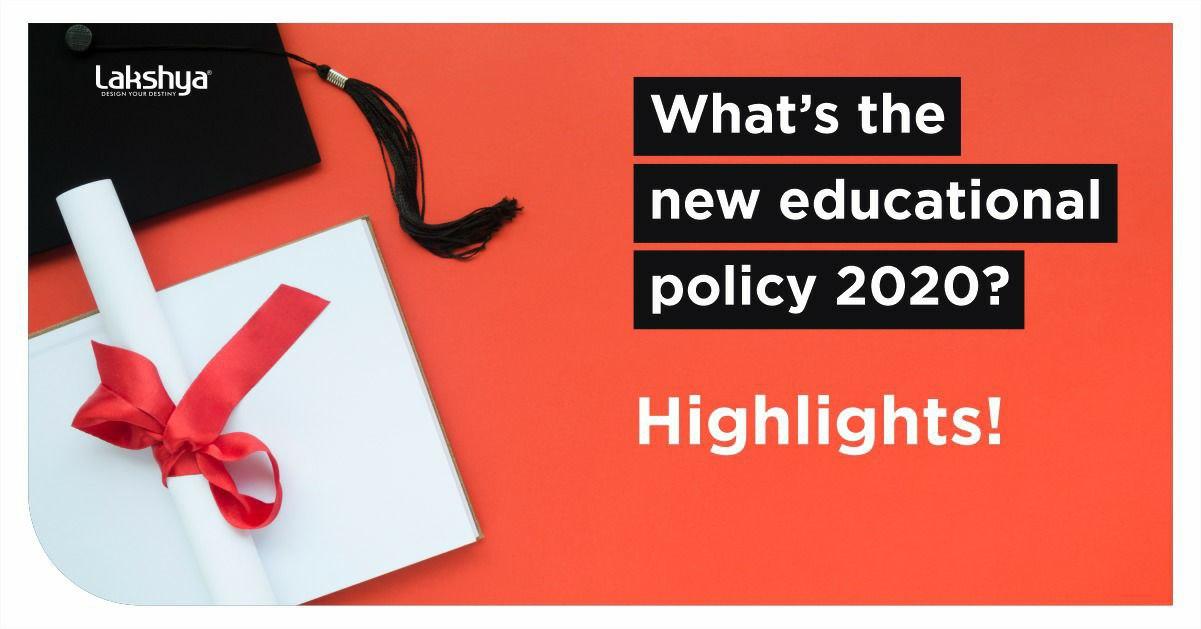India is seeing a New Educational Policy (NEP) 2020 after 34. The union cabinet has approved NEP 2020 which seeks to enrol 100 per cent children in the pre-primary to secondary level by 2030.
Take a look at the highlights.
- The HRD plans to increase enrolment ratio to 50% by 2035. To ensure the same, holistic, and multidisciplinary education with the flexibility of subjects will be allowed.
- There will be multiple entries and exit points for those who wish to leave the course in the middle. Their credits will be transferred through the Academic Bank of Credits.
- MPhil will be discontinued. All courses at UG, PG, PhD level to be interdisciplinary.
- Special education zones will be set up for disadvantaged regions and a National Educational Technology Forum (NETF) will be created to impart knowledge online.
- E-content, available in Hindi and English, will also be available in 8 regional languages initially like Kannada, Odia, Bengali among others.
- The 10+2 structure will be modified into a new 5+3+3+4 format, covering ages 3-18. There will be no rigid formation of streams of arts, commerce, science. Students can take up whichever course they want.
- Students will be allowed to take up coding from class 6.
- A National Curricular and Pedagogical Framework for Early Childhood Care and Education (NCPFECCE) will be developed by NCERT for children up to the age of 8.
- In order to reduce the importance and stress of exams, board examinations will undergo a huge change. The exam will be conducted in two parts: Objective and descriptive. The exam can be conducted twice a year.
- Students will get a 360-degree holistic report card, which will not only inform about the marks obtained by them in subjects but also their skills and other important points. Apart from the teachers, the report card will also be reviewed by students.
- Common entrance exams for all higher education institutes will be held by the National Testing Agency (NTA) twice every year, though the exam will be optional and not mandatory.
- India has over 45,000 affiliated colleges. Undergrad autonomy, academic, administrative, and financial autonomy will be given to colleges, based on the status of their accreditation.
- A National Mission on Foundational Literacy and Numeracy will be set up by the Ministry of Human Resource Development (MHRD).

 ABOUT LAKSHYA
ABOUT LAKSHYA  WHY CHOOSE LAKSHYA
WHY CHOOSE LAKSHYA  MISSION AND VISION
MISSION AND VISION  CHARTERED ACCOUNTANCY (CA)
CHARTERED ACCOUNTANCY (CA)  ACCA
ACCA  CMA-USA
CMA-USA  RESULTS
RESULTS 


